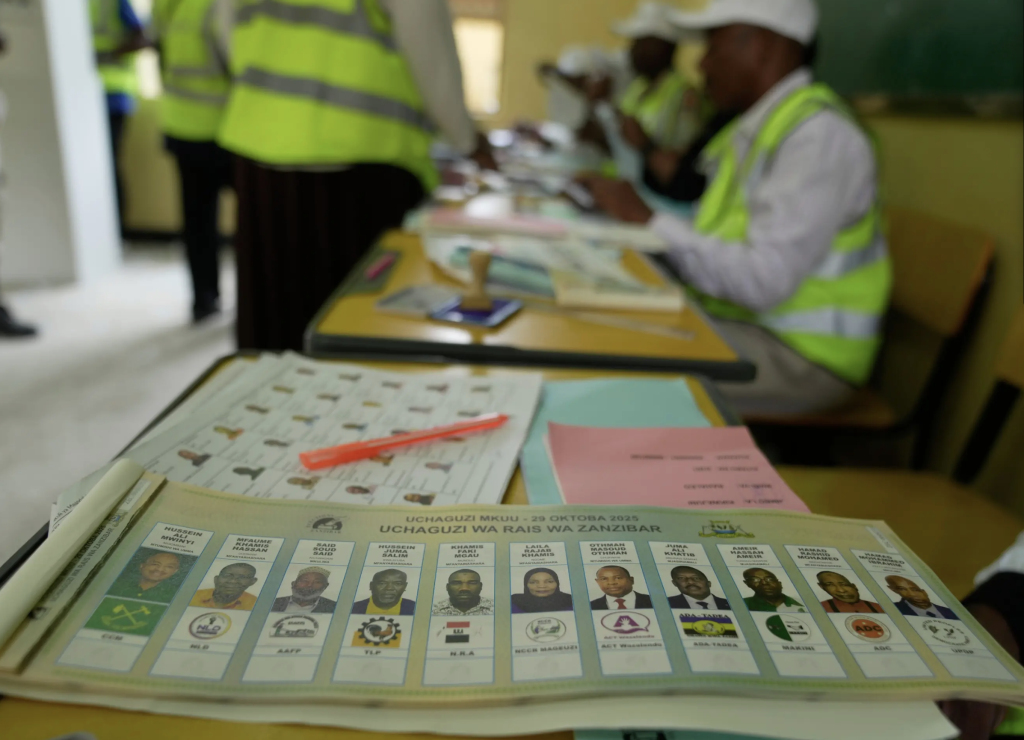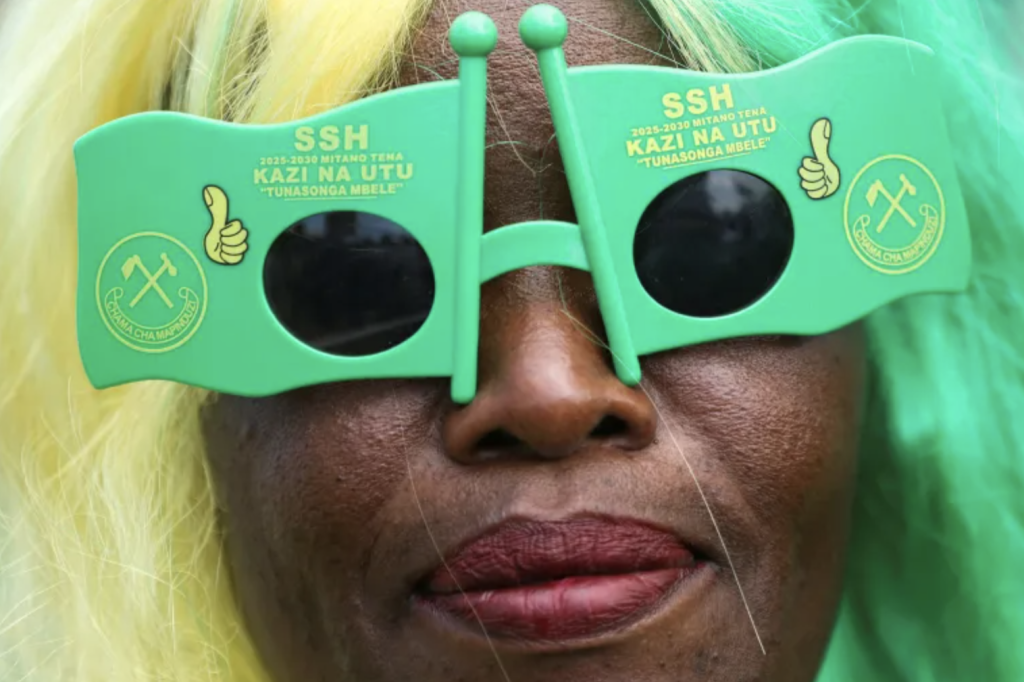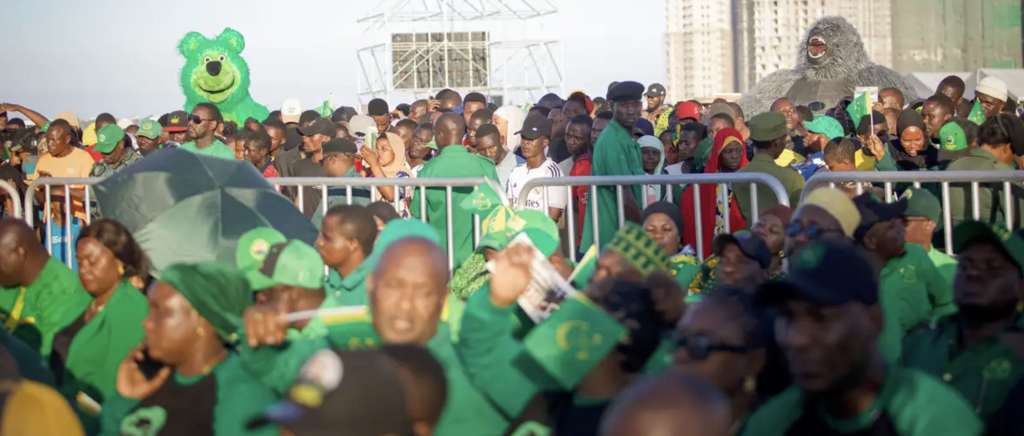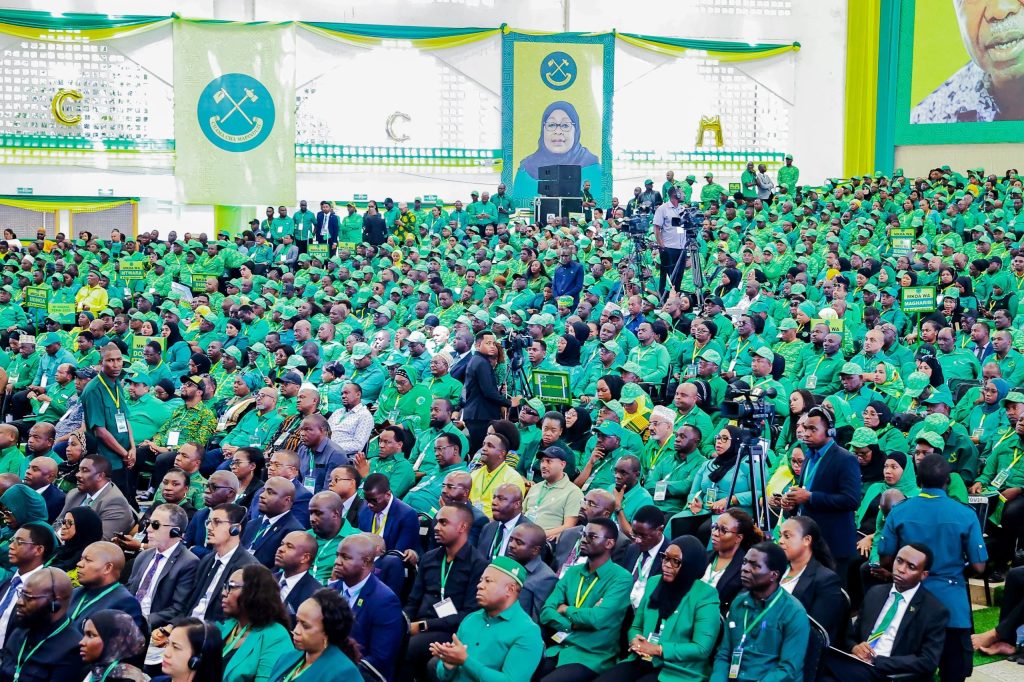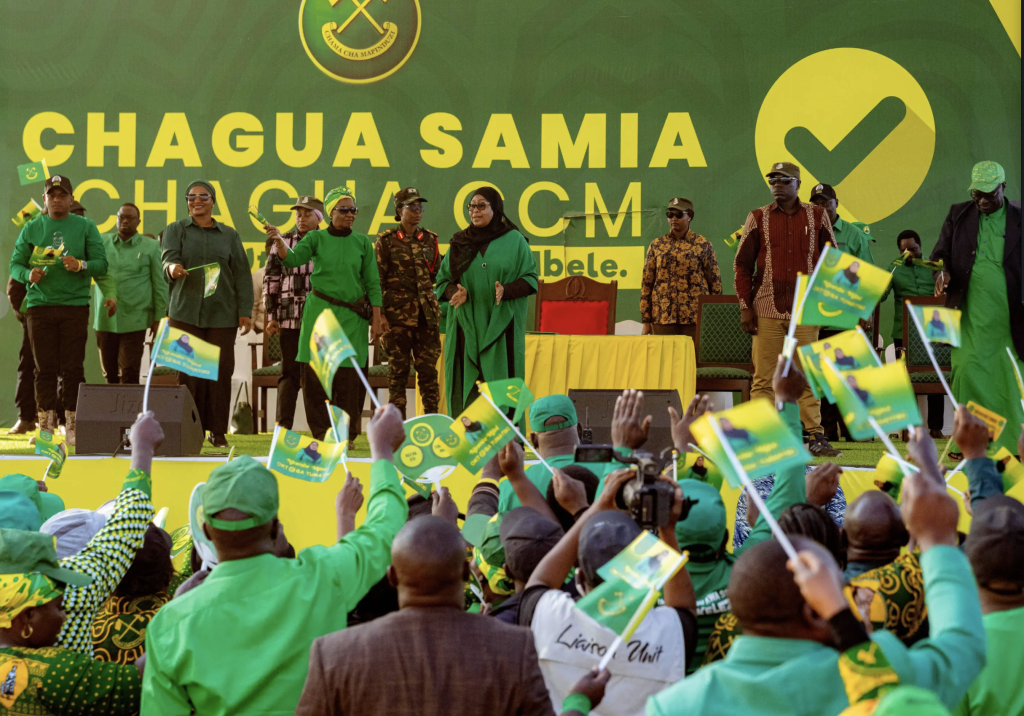
Millions of Tanzanians headed to the polls on Wednesday in a presidential election widely viewed as a foregone conclusion, with incumbent President Samia Suluhu Hassan expected to secure a fresh five-year term amid a weakened opposition and rising concerns over political freedoms.
President Samia, 65, representing the ruling Chama Cha Mapinduzi (CCM) party, faces 15 challengers—none of whom are seen as serious contenders following the detention of key opposition leader Tundu Lissu and the disqualification of ACT-Wazalendo’s candidate. The CCM has governed Tanzania continuously since independence in 1961, making it one of Africa’s longest-ruling parties.
Human rights organizations, including Amnesty International, have criticized the election climate, describing it as one marked by fear, intimidation, and repression. Reports of arbitrary arrests, disappearances, and killings have raised questions about the credibility of the vote.
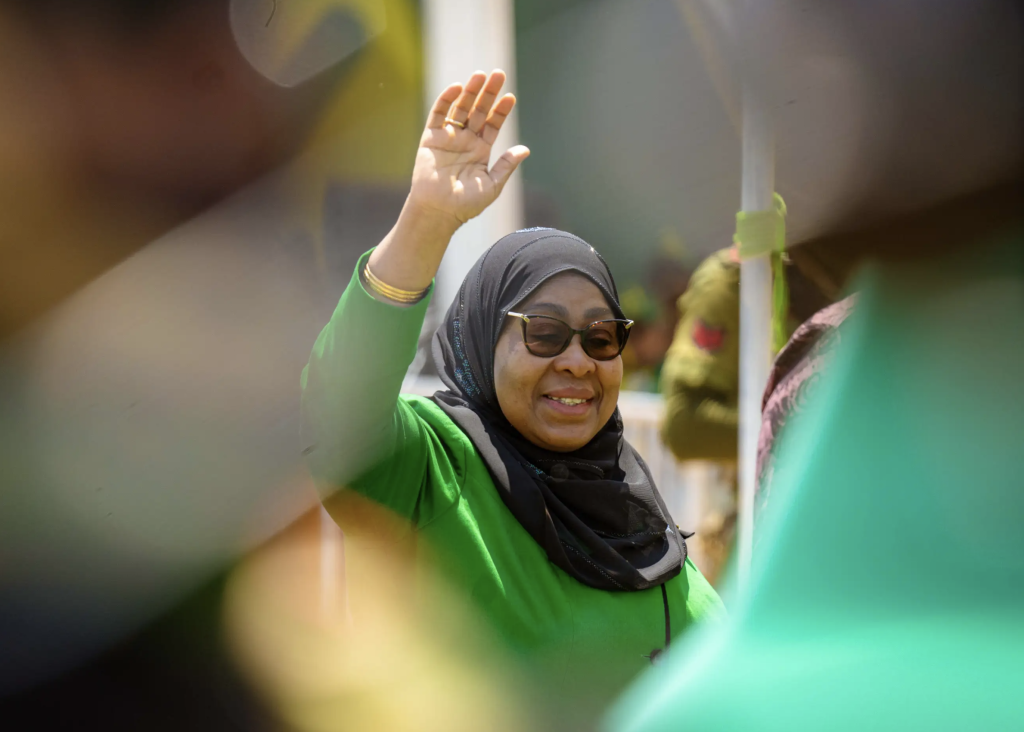
“Tanzania is not having an election but drama,” Kenyan opposition leader Martha Karua said on Tuesday, highlighting regional concern over the lack of genuine competition.
Samia campaigned under the slogan “ Work and Dignity,” promoting her vision built around the Four Rs: Reconciliation, Reforms, Rebuilding, and Resilience. Her agenda focuses on expanding opportunities in agriculture and livestock, revitalizing infrastructure projects, and restoring international partnerships that had weakened under former President John Pombe Magufuli.
Since assuming office in 2021 after Magufuli’s sudden death, Samia has presented herself as a moderate reformer, softening Tanzania’s image abroad and reopening space for political dialogue. However, critics say that space has closed again, with increased reports of targeting of dissenters, media restrictions, and security force abuses.
Political analyst Mohammed Issa told the BBC that Samia’s leadership has evolved from conciliatory to assertive.
“She came in with a softer tone, but now she makes bold and tough decisions many did not expect,” Issa said. “However, her administration is also being blamed for repression and rights violations.”
Despite controversies, Samia remains popular among many Tanzanians, credited for economic stability, foreign investment revival, and strong infrastructure growth. Supporters view her as a unifying figure continuing Magufuli’s legacy with a more open and diplomatic style.
Tanzania’s electoral body says more than 37 million citizens are registered to vote—the largest number in the country’s history, a 26% increase from 2020. However, voter turnout is expected to be low due to public apathy and perceptions of a predetermined outcome.
As polls close, Tanzania awaits results that are unlikely to surprise, but which could shape the future of East Africa’s second-largest economy and determine whether President Samia will continue her delicate balance between reform and control.
